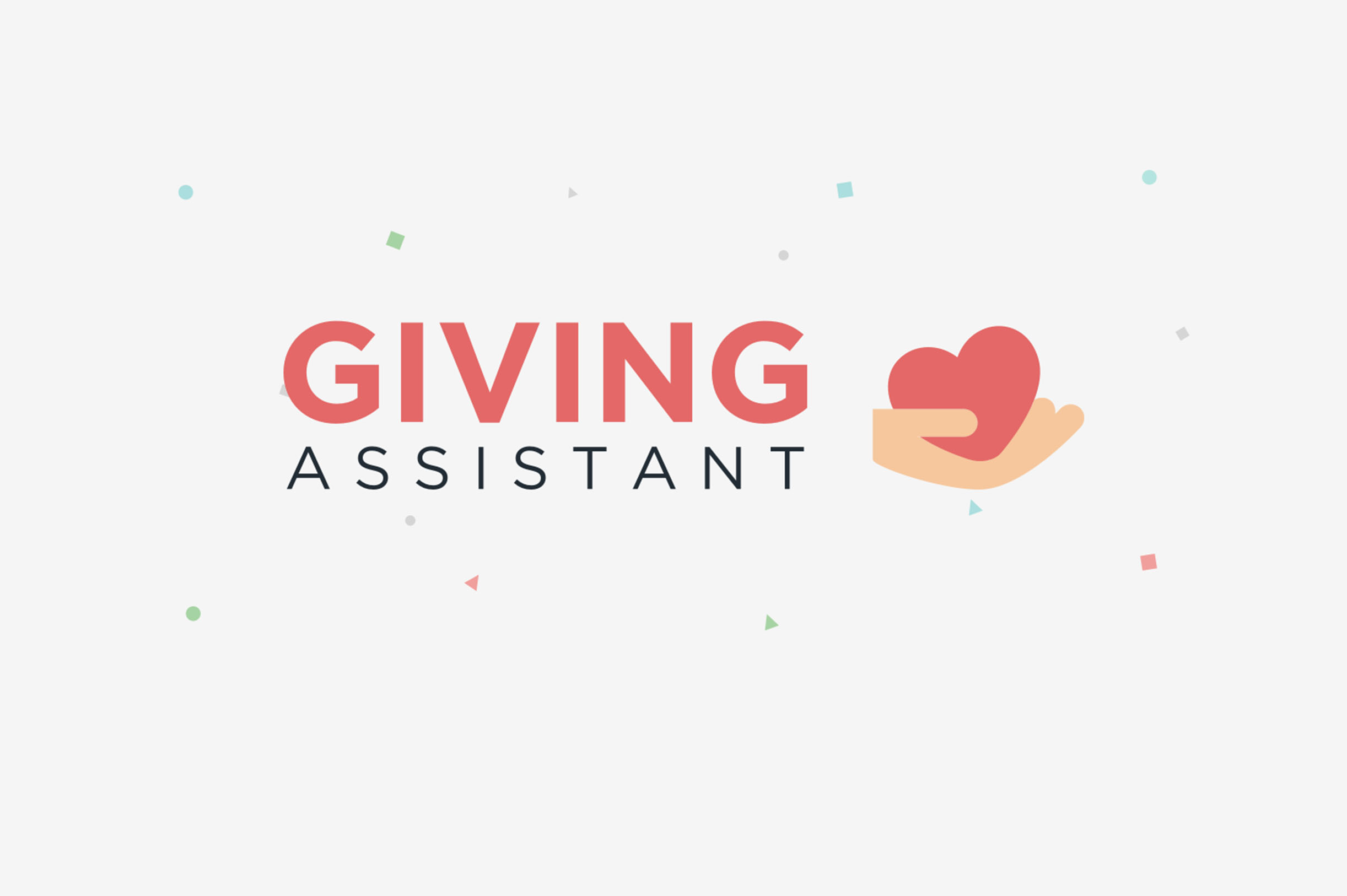
Giving Assistant – 9 Ideas for Raising More Money
November 22, 2019Lindsay LaShell : How to Get the Most from Your 2020 Giving Tuesday Campaign
December 4, 2019Antionette Kerr : How I Became a Self-Care Radical
The elders in my family set high standards for what “hard work” felt and looked like. They subscribed to the adage that people of color (especially women of color) had to work “twice as hard” in business to prove themselves. I deeply respect my family’s wisdom. I credit them for my fierce work ethic, which fit right in with the “do more with less” mindset of nonprofit work, but as I rose through the ranks of nonprofit leadership, I wasn’t quite prepared for the toll it took on my mental, physical and spiritual well-being.
At a time when HUD (U.S. Department of Housing and Urban Development) transitions threatened most aspects of our funding, I said “yes” to more than 12 local and state boards while serving as an executive director of an affordable housing nonprofit and vice president of our state coalition. It was well-known in the community, with family, friends and even clients, that I was stressed and overworked. I took observations like “You work too hard” as a compliment rather than a warning.
I burned out by year six with the leadership role, and after a series of life-threatening medical scares, I had to make major lifestyle shift. In 2012, I applied for and was the youngest person to receive an award from the Z. Smith Reynolds Sabbatical Foundation (ZSR). This amazing program has supported more than 140 executive directors who needed time away from their organizations for self-care and self-reflection. It seemed like a bold move to admit I needed time away from work (or to let my ego think of the staff handling things without me), but a doctor warned me that if I continued ignoring my physical and mental health, I might not make it to my next trip to the emergency room. After my sabbatical, I was able to return to my organization with tools and with this radical notion that self-care is critical to an agency’s collective success.
The following year, I joined the ZSR’s foundation selection committee and along the way read more than 300 nonprofit leaders’ stories and interviewed more than 40 applicants. I began noticing patterns in what nonprofit leaders were experiencing, many of which were deeply rooted in the nonprofit industrial complex. I’ve also started to recognize the “myths” that keep people from valuing self-care. Often these things trickle through to staff.
From office sanctuaries, mindfulness rooms, mini-sabbaticals, to redefining what “hard work” looks like, there are soft skills that can help foster a culture of self-care. I am eager to share this at this year’s Cause Camp as part of the theme DISRUPTION. In many ways, I consider self-care as being a radical notion for self-sacrificing nonprofit leaders. It reminds me of the revolutionary writer Audre Lorde’s perspective, “Caring for myself is not self-indulgence, it is self-preservation, and that is an act of political warfare.”
Disclaimer: I don’t consider myself an “expert” in self-care, but as a revolutionary, I am highly motivated to share what I’ve learned along the way.
See you in Lincoln!
Antionette Kerr will speak at Cause Camp 2020.
Get your tickets today! Early bird pricing available now, register HERE.
*Early Bird pricing available until January 31, 2020.
The post Antionette Kerr : How I Became a Self-Care Radical appeared first on Nonprofit Hub.
